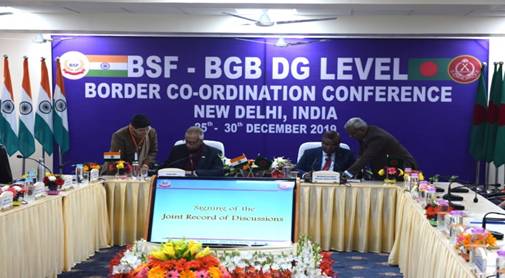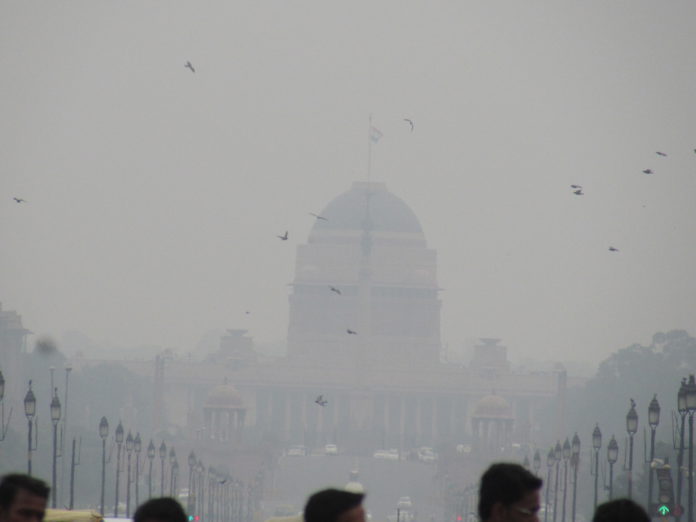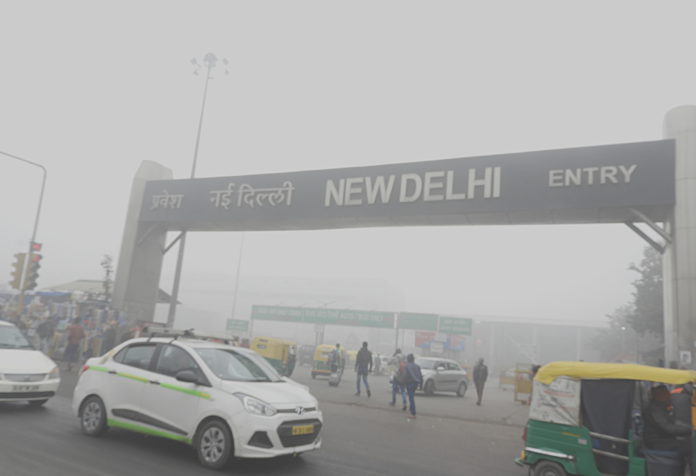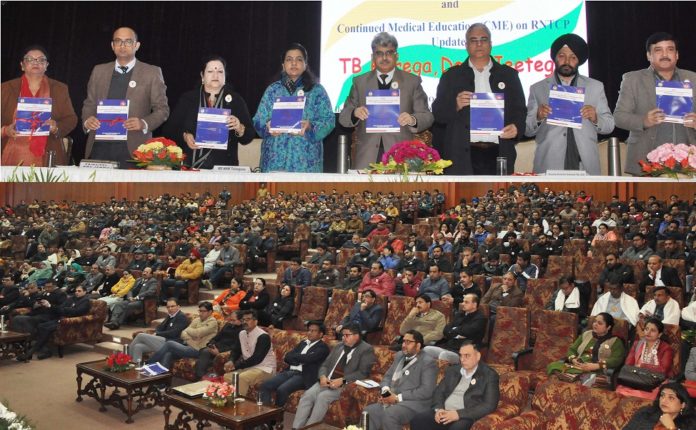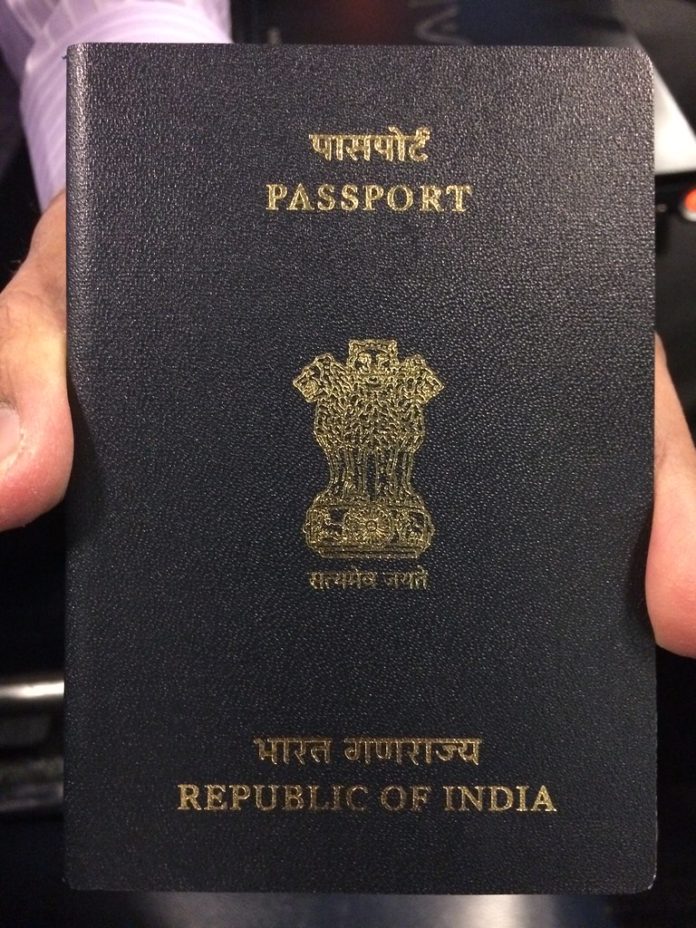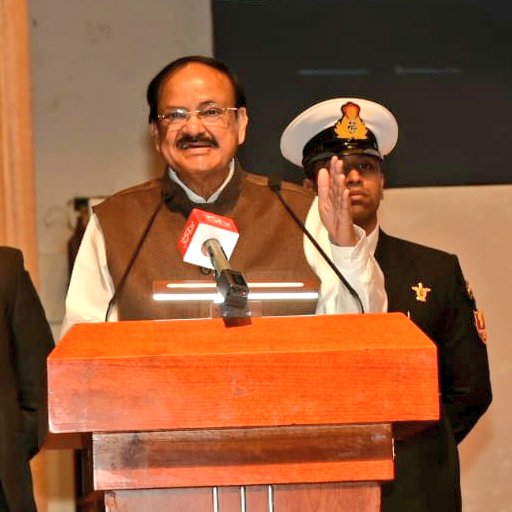New Delhi (NVI): India and Bangladesh have agreed to take strong measures for prevention of illegal border crossing and to intensify the simultaneous coordinated patrolling in vulnerable areas.
The understanding was reached during talks between Directors General of BSF and Border Guard Bangladesh (BGB) here. The Indian delegation was headed by BSF DG Vivek Johri and Bangladesh side was led by BGB DG Major General Md Shafeenul Islam.
The two sides discussed a host of issues, including illegal immigration, human trafficking and smuggling of drugs, gold, fake currency and cattle, an official statement said.
The heads of the two border forces also discussed action against remnants of Indian insurgent groups, construction of fence within 150 yards of International Border and developmental works within 150 yards of IB, it said.
Discussions were held to make the border guarding more effective despite the difficulties posed by the topography.
The BGB informed that Bangladesh does not allow its soil to be used by any entities or elements hostile to any country but agreed to take action against miscreants, if there are any, the statement said.
Regarding injuries or loss of life of BSF personnel on borders while preventing criminal activities, both forces agreed to make all possible efforts to curb the menace of cattle smuggling or any other criminal activity and to ensure tranquility on the borders.
With regard to the concerns of BGB for death of Bangladesh Nationals on borders, it was told that non-lethal weapon policy is strictly followed by BSF personnel on border. Firing is resorted to only in self defence, when BSF patrols are gheraoed and attacked by Dahs etc.
It was specified that BSF does not discriminate between criminals based on nationality.
On concerns of BGB of smuggling of drugs, narcotics, arms etc, both sides reviewed the steps being taken for prevention and agreed for sharing of real time information, if any, including the relevant information of the apprehended criminals.
The shared the importance of Coordinated Border Management plan in dealing with issues related to Border Security grid.
It was reiterated that joint vulnerable mapping of area to be carried out keeping in view the crime statistics and trends.
Both sides agreed for expeditious implementation of the decisions taken in the conference.
The DG level talks between India and Bangladesh have been continuing since long. The talks are held twice every year – once in India and once in Bangladesh. The talks follow the methodology of border level coordination conferences.

